We had a decent amount of snow fall this past winter and as all of this snow melts, we are hearing from several customers who are seeing series of small trail systems all over their yard.
What are they? If this trail system is on the surface of your lawn, the odds are good that you have voles (or field mice) in your yard. Their "highway system" will show signs of trampled grass from repeated use. What is the reason we are seeing this now? Snow melt.
A warm ground plus about 6 inches of snow pack throughout winter creates the perfect habitat for voles. Snow acts as ground insulation and temperatures between the ground and snow usually linger around 32 degrees. Their protected tunnel system minimizes their time out in the open exposed to predators.

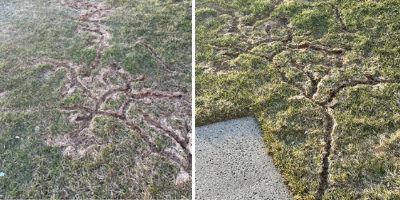
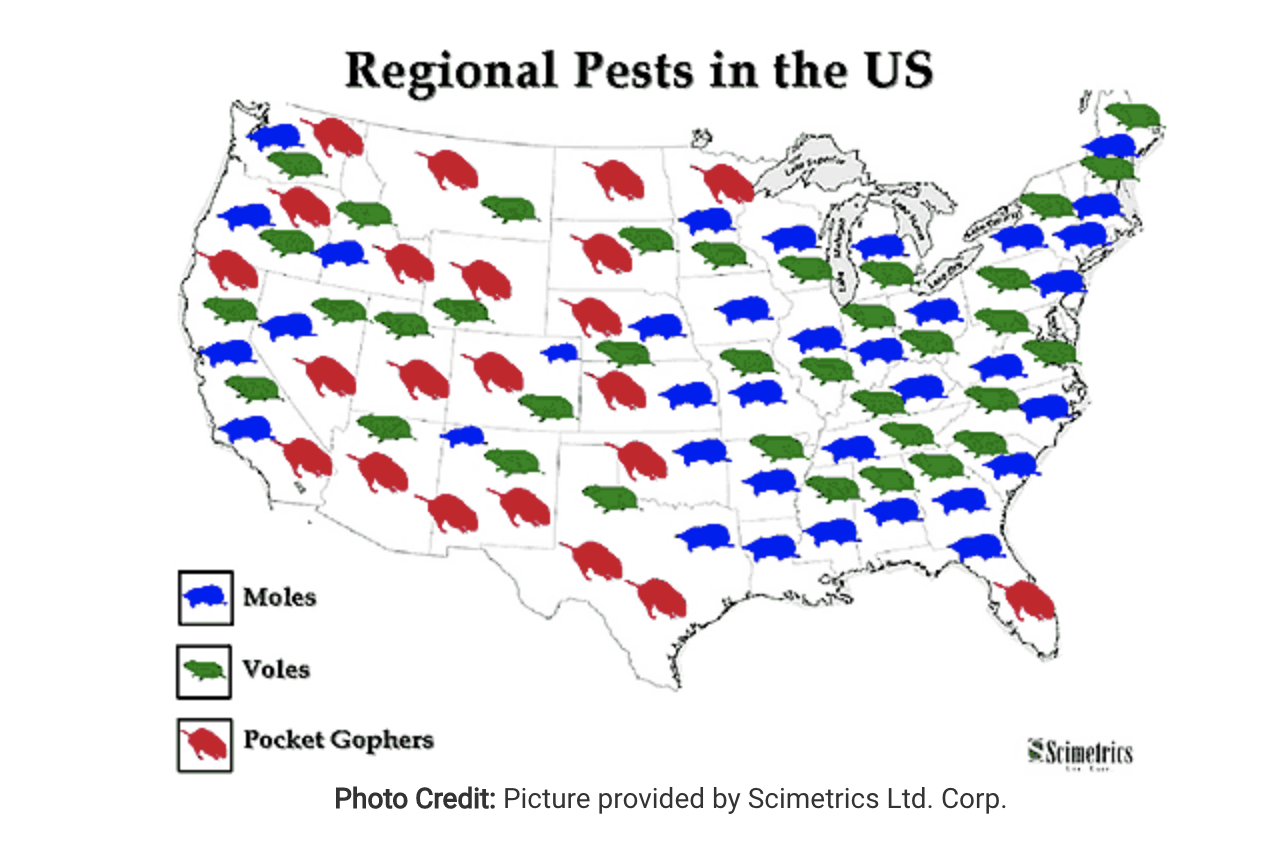
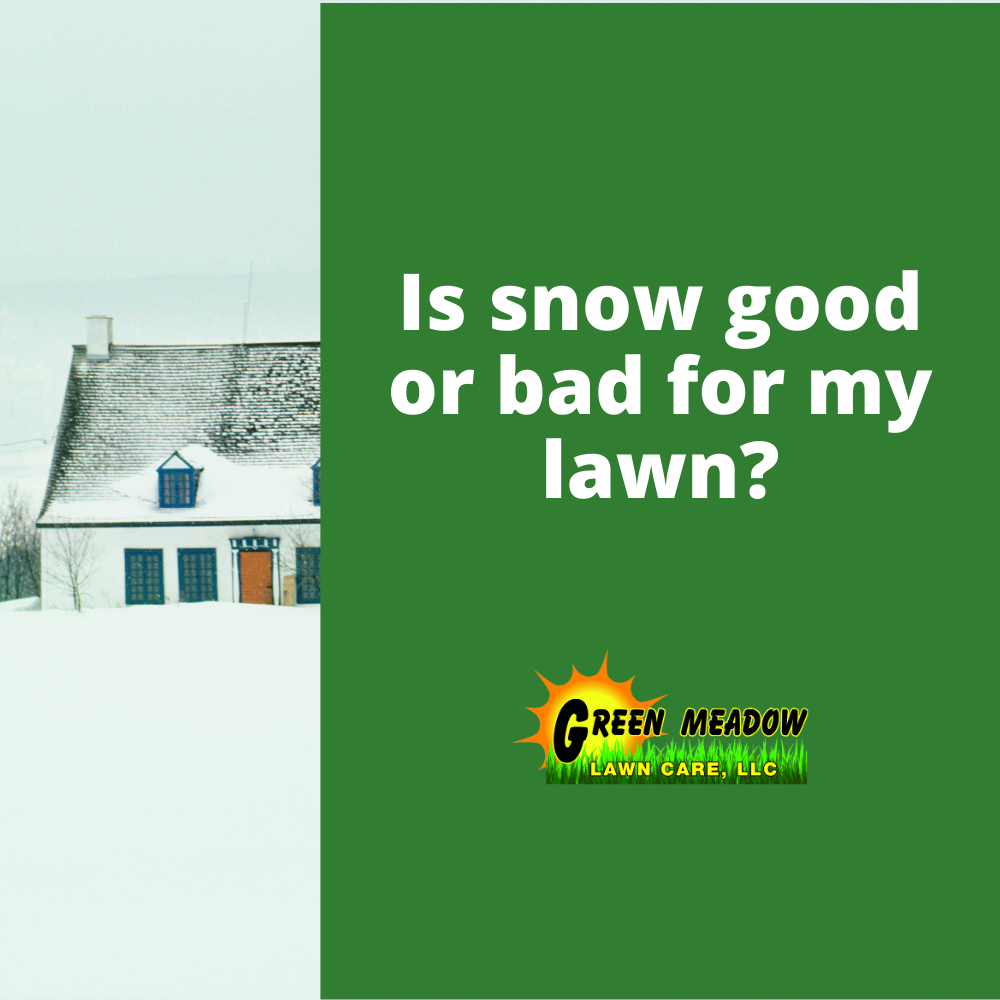
.png)
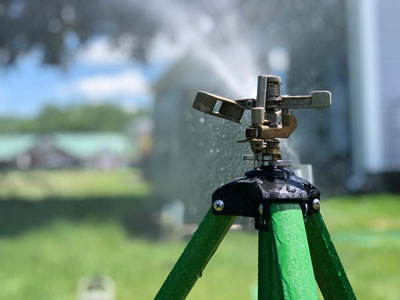
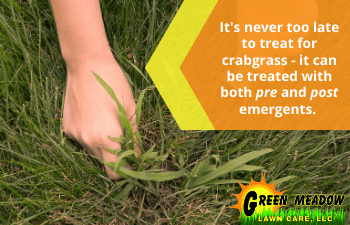

.jpg)
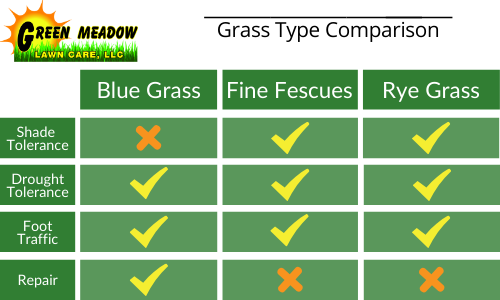
.png)